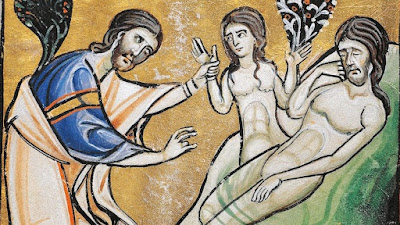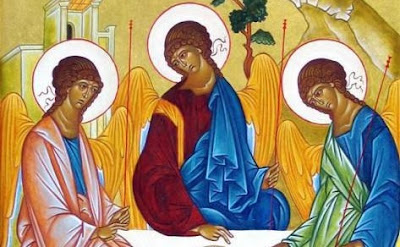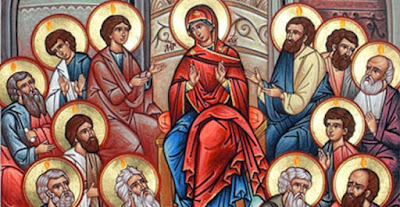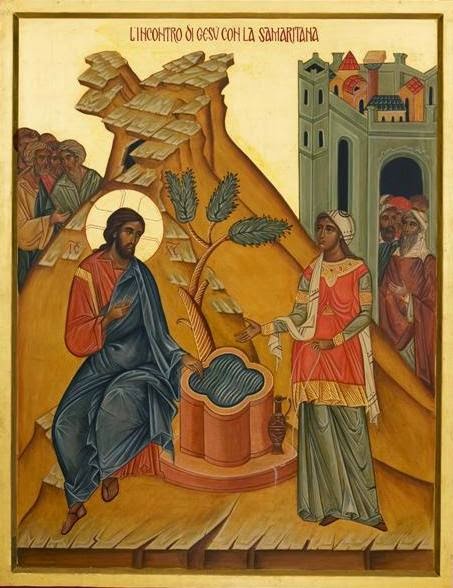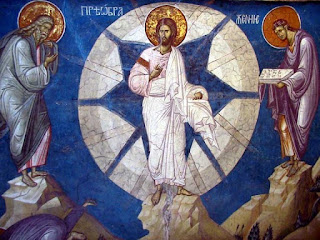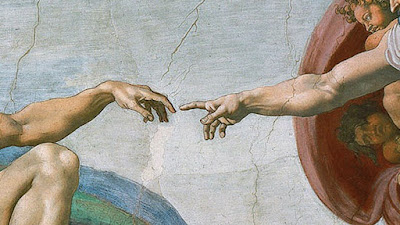Nativity of the Blessed Virgin Mary
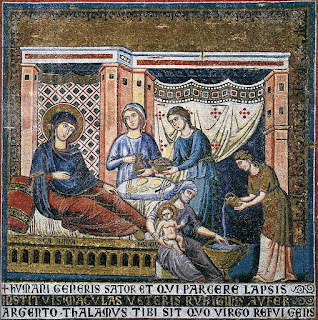
Feast Day - September 8th The Nativity of the Blessed Virgin Mary has been celebrated since approximately the 6th century, although there are other, conflicting accounts of when this particular feast came to observed. It likely originated in the Eastern Church in response to the Council of Ephesus, in which Mary was officially proclaimed "Mother of God" ( Theotokos ). It is thought that the date of September 8th was chosen because the Eastern Church year begins in September. Later, this feast would help to determine the date of the Feast of the Immaculate Conception. There is an apocryphal story associated with the birth of our Lady, found in the Protoevangelium of St. James. Though not historical in origin, it does reflect the piety of the times. According to this account, Anna, who was barren, and Joachim prayed in earnest for a child; as often happened in biblical accounts, the child they were blessed with was given to them to advance God’s plan for salvation. &
